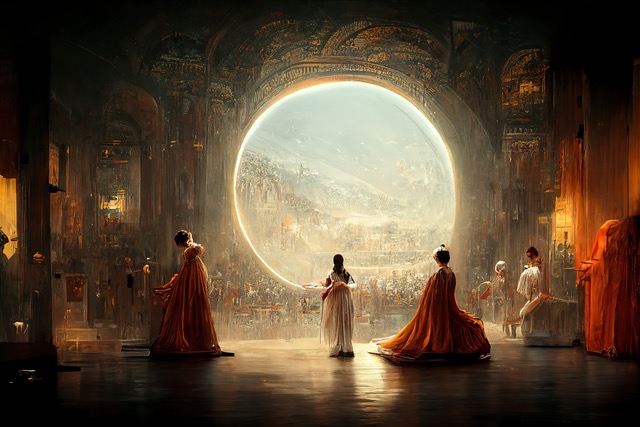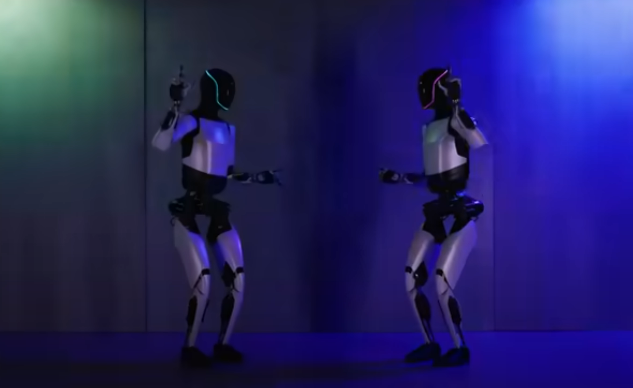Why it matters: Jason M. Allen’s legal battle with the U.S. Copyright Office over his AI-generated artwork “Théâtre D’opéra Spatial” highlights the growing tension between technological innovation and copyright law, potentially reshaping how we define authorship in the digital age.
A prize-winning controversy: Allen’s artwork, depicting a futuristic royal court, won top honors at the 2022 Colorado State Fair, sparking debate when he revealed it was created using AI.
- According to Arstechnica, the piece was generated using Midjourney, an AI tool, with Allen providing 624 detailed prompts.
- Allen further refined the image using Adobe Photoshop.
Copyright denied: The U.S. Copyright Office refused to register Allen’s work, claiming it lacked sufficient human authorship, as reported by art-insider.
- The office argued that simply providing prompts to an AI system doesn’t meet the threshold for copyright protection.
- This decision aligns with previous rulings on AI-generated works.
Allen’s attorney, Tamara Pester, argues: “Jason had an extensive dialogue with the AI tool, Midjourney, to create his work. This raises profound questions about the role of AI in the creative process and the nature of creativity itself.” She said this via Boing Boing.
The artist’s perspective: Allen maintains that AI is simply another tool in an artist’s arsenal, comparable to a brush or camera.
- He describes his process as “iterative,” involving hundreds of carefully crafted prompts.
- Allen argues that his creative vision and direction should qualify for copyright protection.
Impact on artists: The copyright denial has had significant consequences for Allen and could set a precedent for other AI-assisted artists:
- Allen reports experiencing “price erosion” and difficulty charging industry-standard licensing fees.
- Instances of his work being appropriated and sold without permission have increased.
A broader debate: This case highlights the need for legal frameworks to adapt to rapidly evolving technology in creative industries.
- It raises questions about where to draw the line between human and machine creativity.
- The outcome could affect how artists approach AI tools in their work.
Looking ahead: As AI continues to play a larger role in creative fields, cases like Allen’s will shape the future of copyright law and artistic expression.
- A favorable ruling could provide assurance to artists using AI tools.
- A negative outcome might deter artists from experimenting with AI, potentially stifling innovation.
As the art world grapples with the implications of AI-generated works, Allen’s case serves as a crucial test of how copyright law can adapt to protect artists in the digital age. The decision will not only impact Allen’s career but could set a precedent for how we value and protect AI-assisted creativity in the years to come.



























